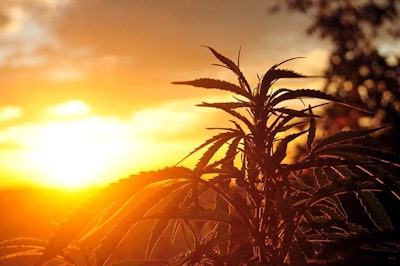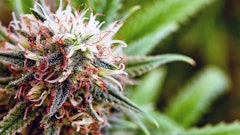
With the approval of Florida’s hemp program last spring, there was plenty to be excited about in this unique agricultural cradle. Fruits and vegetables thrive in the Sunshine State, and the climate provides a year-round cultivation calendar that can stand up to nearly another other burgeoning hemp market in the U.S.
In 2020, the debut of the state’s hemp industry saw more than 380 Florida growers pull licenses for around 20,000 acres of hemp production, according to State Agriculture Commissioner Nikki Fried. As she noted, however, that’s just the start of it.
Fried compared hemp to Florida’s rich citrus industry, which covers about 700,000 acres in the state. Within the next three to five years, she said, hemp could very well be at half the level of citrus, in terms of pure acreage.
“We are on the verge of a green industrial revolution here in the state of Florida with potential of billions of dollars in economic impact, tens of thousands of new jobs and potential new products in the marketplace,” she said.
Toward the end of 2020, a flurry of news reports provided a close look at the highs and lows of hemp production in the Sunshine State. In particular, the promising nature of hemp has led local governments and planning organizations to consider the crop as an economic jolt among farmers in need of new revenue and, in a broader sense, new markets.
“If we can come up with a crop that is profitable for them in their rotation, it would be a great thing and keep the farmer going,” Apalachee Regional Planning Council executive committee treasurer Jim Peacock told the Tallahassee Democrat. “If they can make $1,000 an acre (in a harvest), they would be happy. They have to work hard to get close to that with peanuts and cotton.”
In the background of these conversations—and this is not unique to Florida—is the risk embedded in rigid regulations. There’s a certain burden on farmers to source the proper genetics that will keep their crops below the 0.3% THC threshold. For newly licensed growers entering the industry for the first time, it’s a complicated matter. U.S. Sen. Rand Paul (R-VA) recently filed a federal bill to raise that THC cap to 1%, a move that many in the industry see as a helpful path forward to a more amenable industry.


























